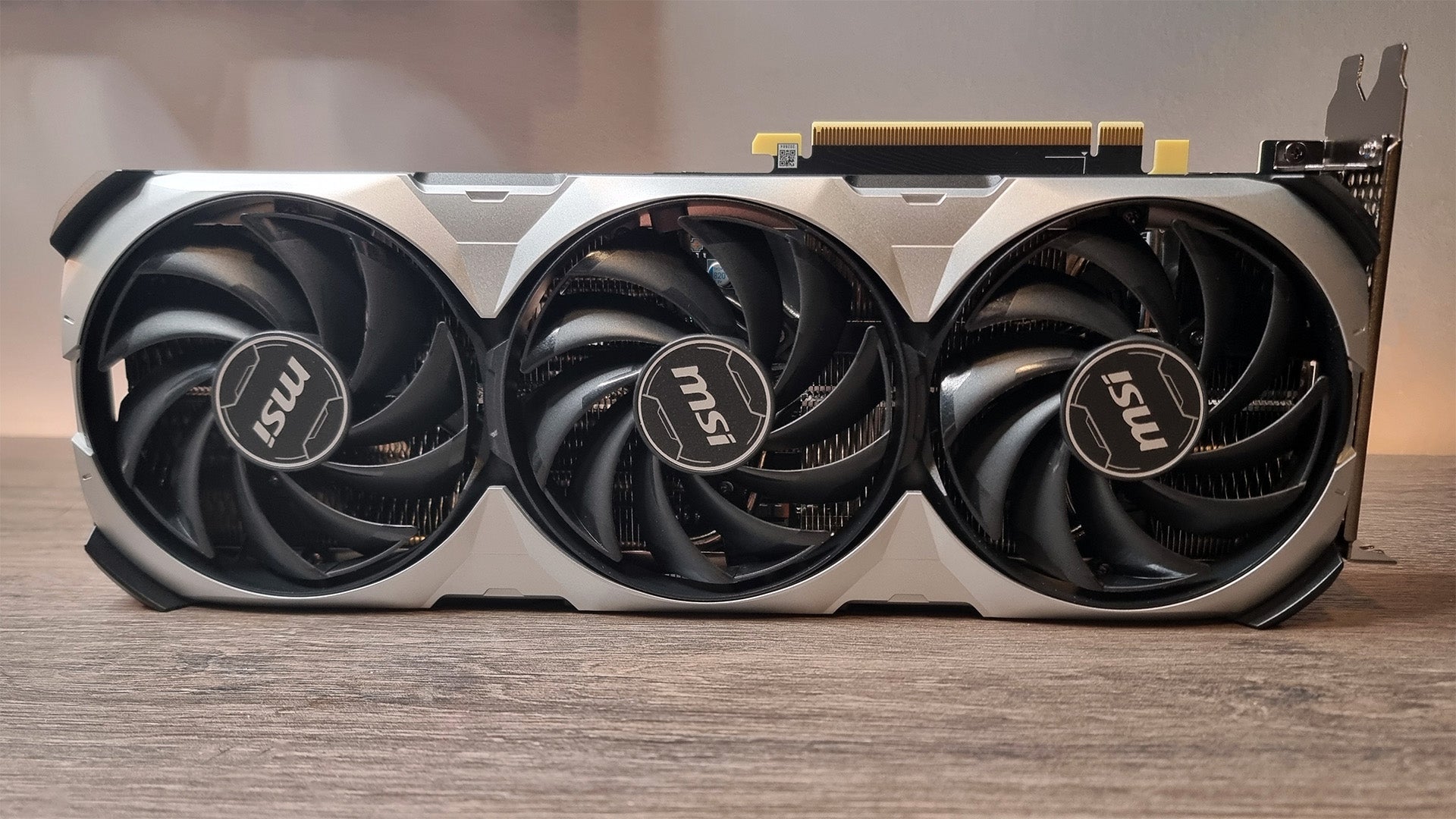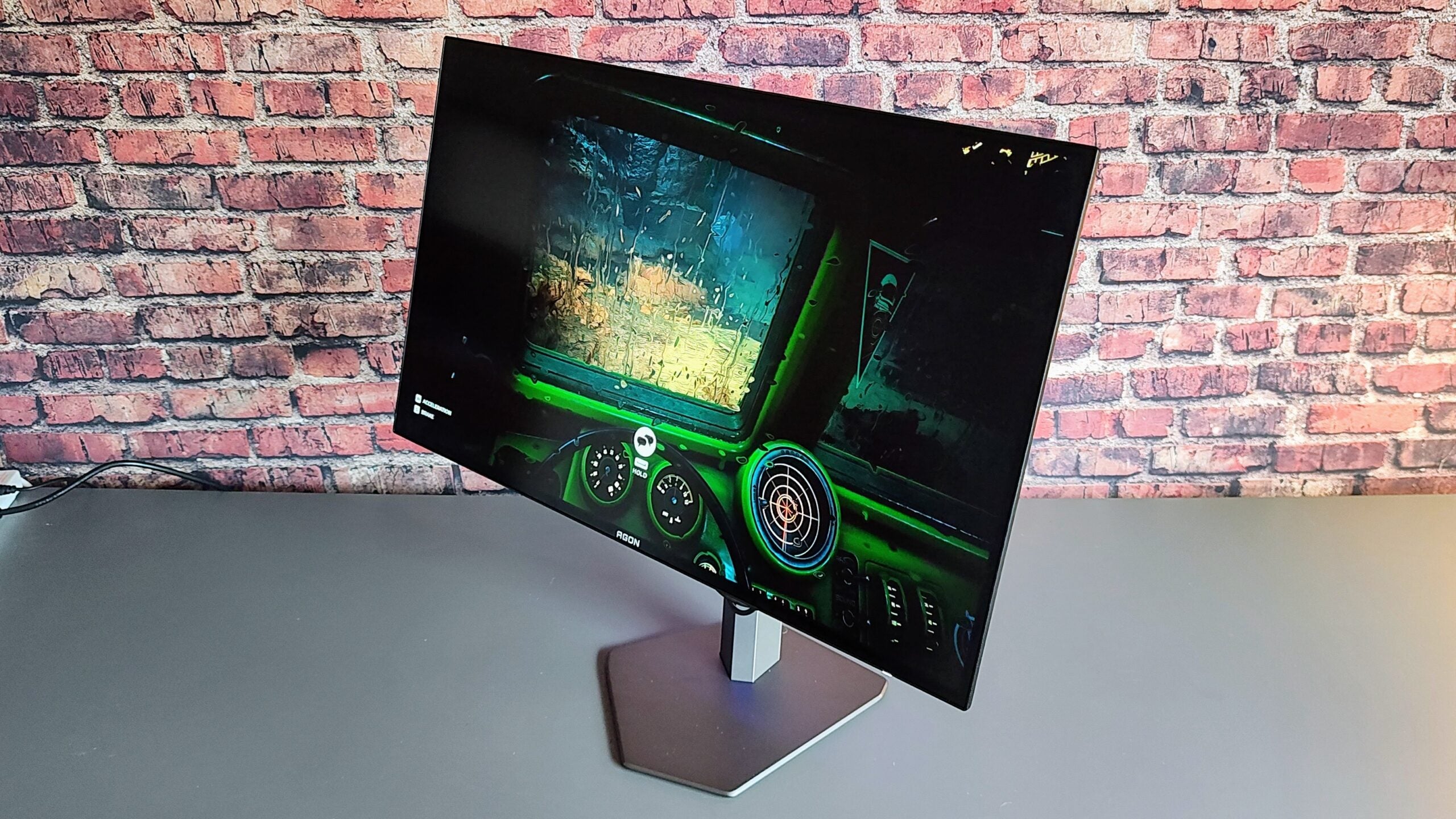Philips 241E1SC Review
A great office monitor with fantastic image quality

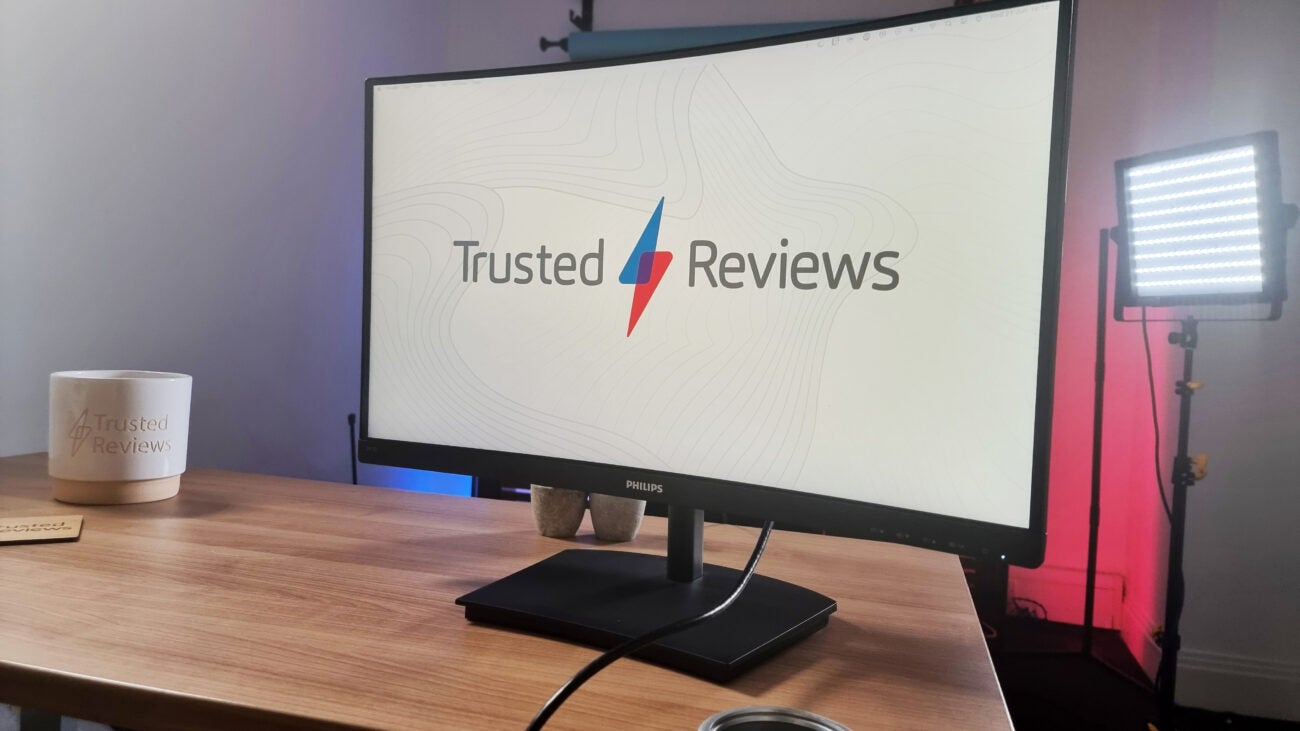

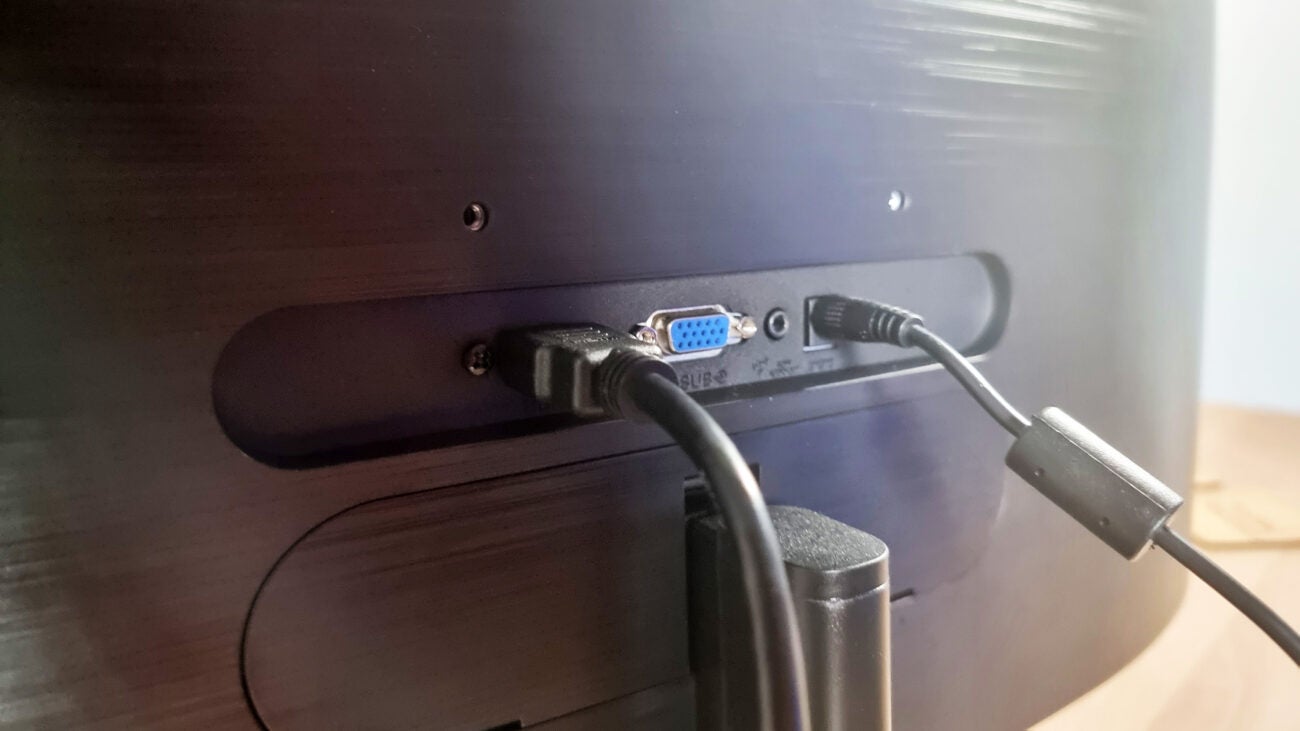
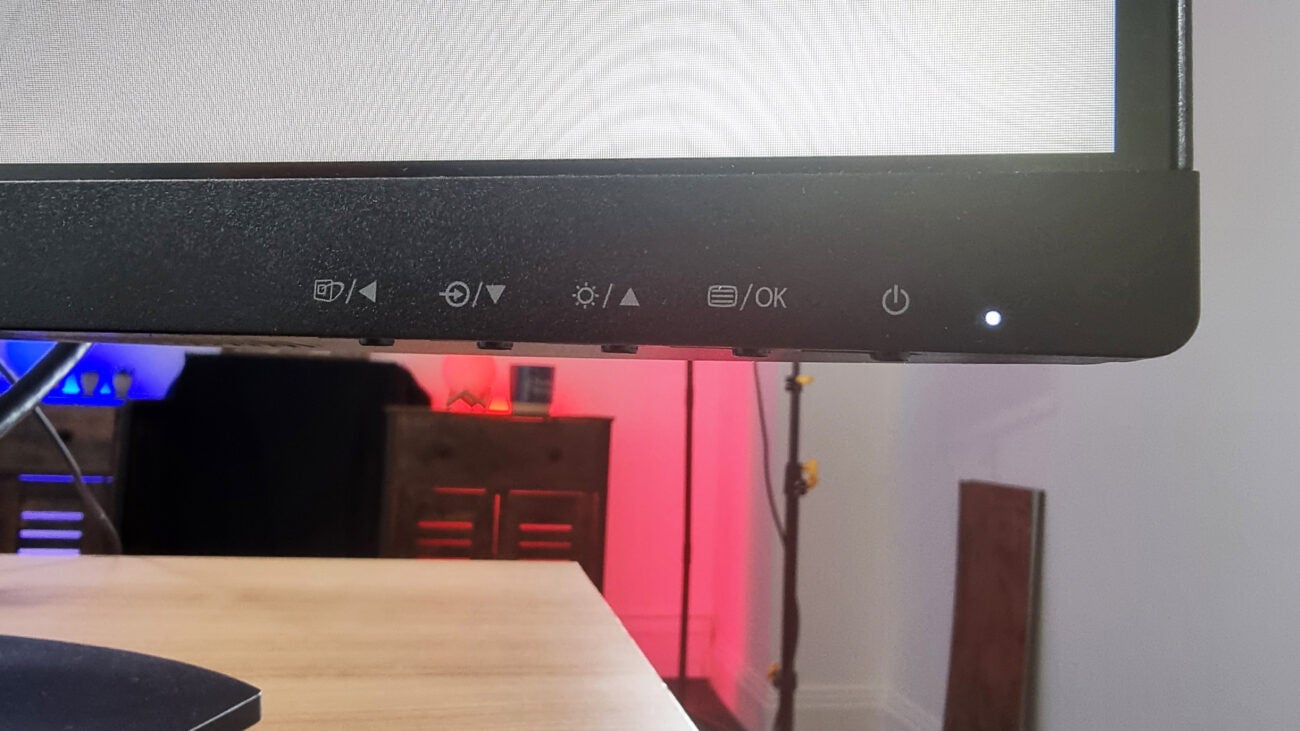

Verdict
The Philips 241E1SC is a great office monitor. It has solid build quality and, for the price, fantastic image quality. It’s an especially colour-accurate panel, as well as offering good levels of brightness and contrast. You’ll just watch out for its iffy port selection for 2023.
Pros
- Excellent image quality for the price
- Solid construction
- Great looks
Cons
- Disappointing port selection
- Basic stand adjustment
Key Features
- 75Hz refresh rate:The Philips 241E1SC comes with a slightly up-rated refresh rate compared to more standard 60Hz monitors.
- Good looks and solid construction:It’s also a monitor that features a well-made frame with a brushed plastic chassis.
- Excellent colour accuracy:The Philips 241E1SC is also a great monitor for its colour accuracy for a wide range of spaces.
Introduction
The Philips brand of monitors have long been lauded as sensible affordable choices for general day-to-day use.
One such example is the panel I’ve got here for testing, the Philips 241E1SC – a wonderfully catchy name. Its specs impress for a monitor that’s seriously affordable at £160 (not available in the US), and is a touch more immersive than the average monitor, being curved and all.
Does all of that combine to make it onto our list of the best monitors? Here are my thoughts.
Design & Features
- Sleek looks with brushed frame
- Straightforward to navigate OSD
- 75Hz refresh rate provides a nice boost
More often than not, ‘budget’ monitors carry with them typically uninspiring looks. That’s not the case for the Philips 241E1SC.
It sits atop a slim plastic base, which means it sits well on desks with a variety of depths, and attaches to a sturdy cylindrical stand. Unfortunately, the stand on the Philips 241E1SC doesn’t adjust in terms of height, or spin, but it tilts up to -5 and 20 degrees.
Adjustment is easy, and this Philips panel doesn’t feel like a weighty device to move. The back of the panel provides a pleasing brushed finish, as if it were metal, although touching the 241E1SC reveals it to be entirely plastic, which is a bit of a come down, although arguably expected given the price.
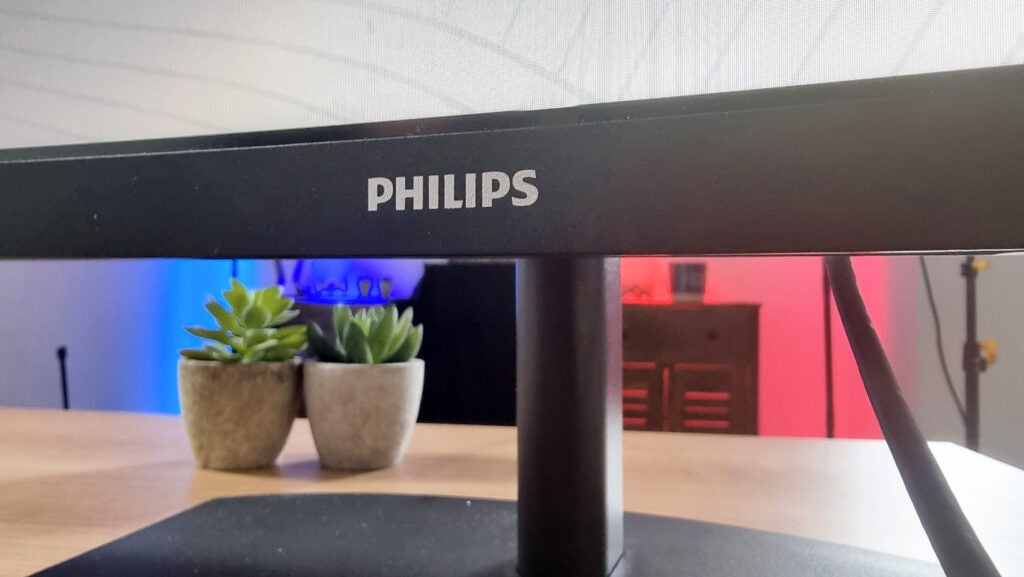
It tips the scale at 3.14kg with the stand (and 2.46kg without), reinforcing the fact that this is a seriously lightweight package. Even some smaller monitors at 23 inches weigh over a kilo more than the 241E1SC. Of course, with a lower weight typically comes poorer build quality, and the 241E1SC features an entirely plastic build. With that in mind though, the plastics used don’t feel hollow, which is reassuring.
As much as its design is good for the price, its connectivity, unfortunately, is not. The 241E1SC only comes with a single HDMI out, as well as VGA. There isn’t a DisplayPort in sight, nor is there USB-C or even USB-A. Having some more connectivity would be handy for general use, especially if you wish to use a monitor as a base station of sorts. There are also no integrated speakers, so you’ll need to plug an external set in via the audio jack.
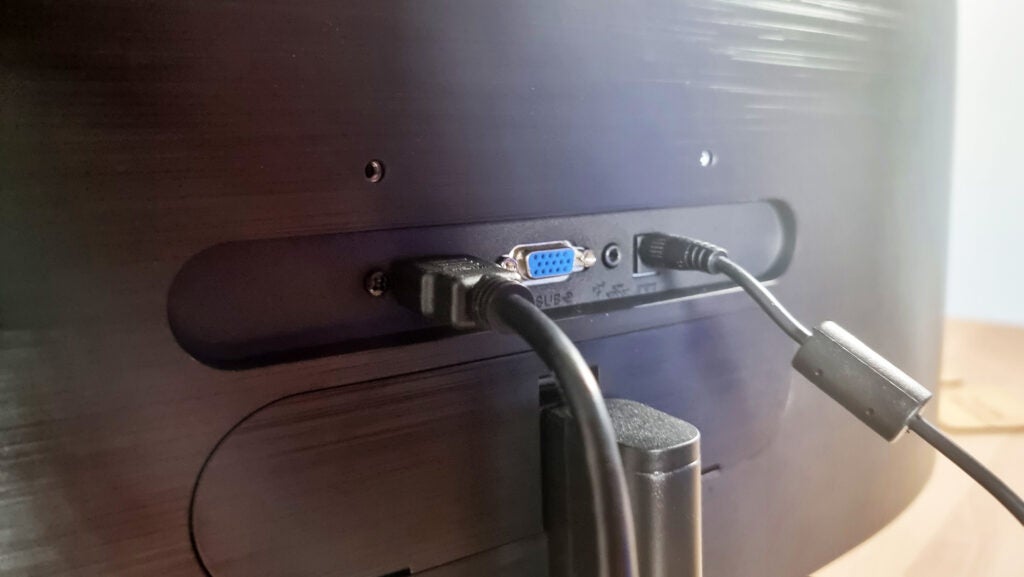
A 24-inch screen may be on the small side for some, but if you’re using this monitor for office work alongside a laptop, it provides welcome real estate compared to smaller laptop screens. What’s more, the 24-inch panel on offer comes with reasonably small bezels around the edges to maximise the screen space.
Its OSD is okay to navigate, with a straightforward and reasonably accessible display. There is a wealth of options available once inside, including the usual means of choosing inputs and changing settings such as the panel’s brightness and colour temperature. Using buttons makes it a bit of a pain to access what you want initially, but once you’ve learnt placement and the like, then it becomes a lot easier.
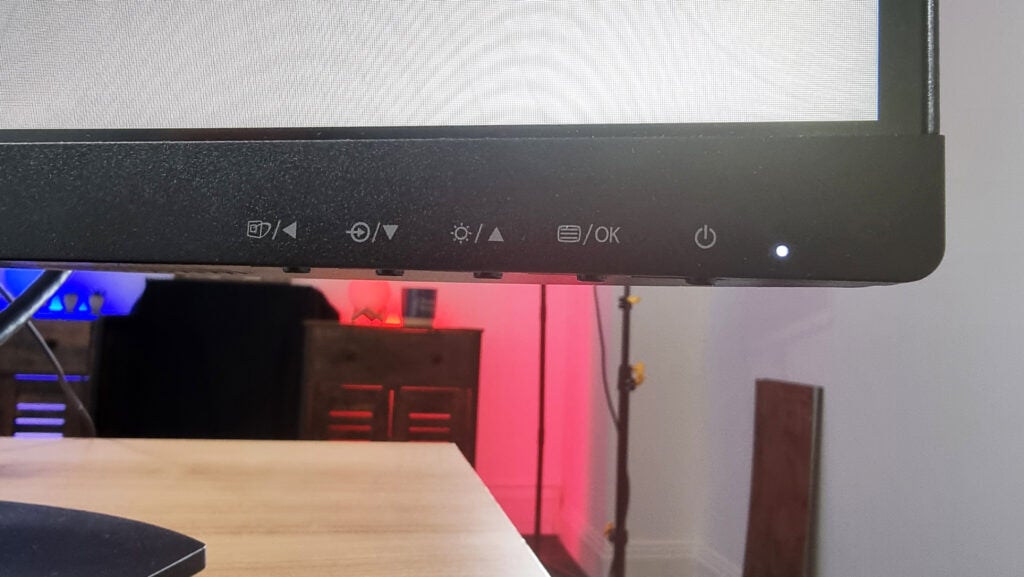
Compared to other monitors at this price point, such as the Dell P2319H, the 241E1SC carries with it some useful benefits that push its value for money up a fair bit further. Its 75Hz refresh rate brings with it some slightly smoother motion than the sea of 60Hz panels that are more commonly available, while the addition of VRR in AMD FreeSync is handy for eliminating screen tearing and juddering when paired with a device containing a Team Red GPU.
Its 4ms response time is decent for a monitor of this price, and also beats some of the competition, and those at higher prices, like the Huawei MateView SE.
Image Quality
- Decent overall picture quality
- Solid brightness and contrast
- Marvellous colour accuracy
For the everyday use it’s designed for, I’m suitably impressed by the performance of the Philips 241E1SC. It provides a Full HD resolution, which is perhaps the bare minimum for a monitor in 2023, although it offered decent image quality when I kicked back and watched the latest Grand Tour special on Prime Video.
In viewing the long-awaited Season 5 finale of The Marvelous Mrs Maisel, the 241E1SC also provided superb contrast and good colours.

If we’re looking at raw numbers, the 210 nits of measured brightness by the 241E1SC is decent, while it can also get as high as 261 nits when cranking things up all the way. This, combined with a low black level to ensure deep blacks, results in a good contrast level of 2600:1. That’s a fantastic result for a monitor at this price, ensuring punchy imagery that’s easily good enough for watching the likes of Netflix.
A colour temperature of 5300K, means it displays whites pretty purely for a natural presentation. Moreover, this is a particularly colour-accurate panel, with 100% sRGB colour space coverage. This means it displays all mainstream colours especially well, and offers a generally punchy experience, while its black level of 0.08 is marvellous for such an affordable monitor.
What’s more, with 85% coverage of the DCI-P3 colour gamut, it means you could conceivably use the 241E1SC for more colour-sensitive workloads, although the distinct lack of HDR support (as well as the associated brightness) means it isn’t necessarily born with those tasks in mind. It still means you get a wider range of colours than if the panel didn’t cover this space as well as it does.
Latest deals
Should you buy it?
You want solid image quality: Overall, the image quality of the Philips 241E1SC impresses for the price with punchy colours, good contrast, and great brightness.
You want a great port selection: Like other monitors at this price, the Philips 241E1SC features a meagre port selection, and if vast connectivity is a top priority, then you may want to look elsewhere.
Final Thoughts
For a monitor this affordable, the Philips 241E1SC is impressive, offering great all-round image quality and a feature set that beats off similarly-priced competitors such as the Dell P2319H. It may lack the IPS goodness that the Huawei MateView SE provides, but for a VA panel, it’s a marvellous choice.
What’s more, with a slight curve to it, it also adds a touch more immersion, which is handy. Its design is also sleek, with a brushed plastic back, and the construction here is generally sturdy. The only real issue here is the lack of ports, given the presence of a VGA, but apart from this, the Philips 241E1SC represents a good choice for office use.
Check out our Best Monitor and Best Gaming Monitor guides for even more options.
How we test
We use every monitor we test for at least a week. During that time, we’ll check it for ease of use and put it through its paces by using it for both everyday tasks and more specialist, colour-sensitive work.
We also check its colours and image quality with a colorimeter to test its coverage and the display’s quality.
We used as our main monitor for at least a week.
We used a colorimeter to get benchmark results.
We used our own expert judgement for image quality.
FAQs
The Philips 241E1SC features a Full HD (1920×1080) resolution across its 24-inch screen.
No, the Philips 241E1SC doesn’t have speakers built-in.




